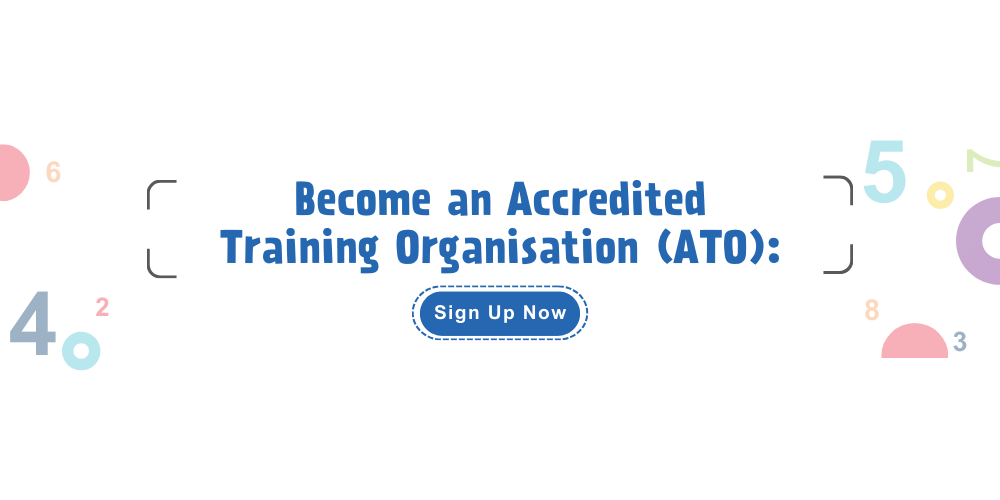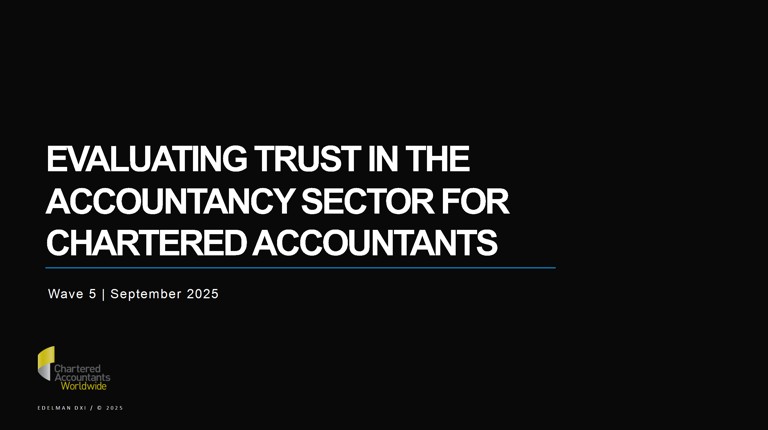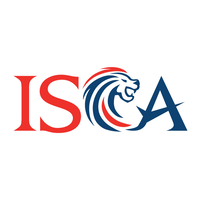Targeted Financial Sanctions
Targeted Financial Sanctions (Screening)
UNITED NATIONS REGULATIONS
As a member of the United Nations (UN), Singapore gives effect to the sanctions under the UN Security Council Resolutions. The sanctions are made legally binding through the Regulations issued pursuant to the UN Act (UN Regulations).
All persons in Singapore have to comply with the UN Regulations1. Among other provisions, the UN Regulations prohibit persons in Singapore from dealing with the UN-designated individuals and entities. Please refer to MAS’ webpage on targeted financial sanctions for more information on your obligations under the UN Regulations. Any breach of the regulations could subject an individual to a fine not exceeding $500,000 or to imprisonment for a term not exceeding 10 years or to both; or in any other case, to a fine not exceeding $1 million.
To ensure that you do not deal with designated individuals and entities in the UN Regulations, professional accountants should screen your clients against the LISTS OF DESIGNATED INDIVIDUALS AND ENTITIES on the MAS' website.
Professional accountants are also strongly encouraged to subscribe to the Anti-Money Laundering / Countering the Financing of Terrorism and Targeted Financial Sanctions section of the MAS website. Doing so will alert you to changes to the lists of UN designated individuals and entities, and help you stay abreast of other relevant announcements, such as high risk jurisdictions identified by the Financial Action Task Force (FATF).2
TERRORIST DESIGNATIONS
Professional accountants should also comply with other targeted financial sanctions in the Terrorism (Suppression of Financing) Act (TSFA). This can also be found under the LISTS OF DESIGNATED INDIVIDUALS AND ENTITIES on the MAS' website.
The TSFA prohibits all persons from:
(a) providing or collecting property for terrorist acts;
(b) providing property or financial or other related services for terrorist purposes;
(c) using or possessing property for terrorist purposes;
(d) dealing with property of terrorists, including funds derived or generated from the property;
(e) entering into or facilitating any financial transaction related to a dealing in property of terrorists; and
(f) providing any financial or other related services in respect of any property of terrorists or for the benefit of or on the direction of terrorists.
The TSFA defines a terrorist as anyone who commits, or attempts to commit, any terrorist act or participates in or facilitates the commission of any terrorist act. It also includes any persons set out in the First Schedule of the TSFA, which may be updated from time to time3.
Professional accountants are also encouraged to refer to Singapore's Inter-Ministerial Committee on Terrorist Designation's (IMC-TD)4 webpage for more information on terrorist designations and de-listings.
In addition, enclosed is an TERRORIST ALERT LIST, which sets out the names and other identification details of persons who are known to have been involved in terrorism or terrorism financing related activities. It will be reviewed and updated as and when necessary. This list is to be kept strictly confidential and should not be further circulated or distributed to other persons.
Unless an Exemption Order under Section 7 of the TSFA is obtained, professional accountants must not deal with any terrorists, which includes, but is not limited to, any persons designated in the First Schedule of the TSFA, as well as those on the Terrorist Alert List. Professional accountants must also immediately freeze any assets/accounts related to a terrorist where applicable. Persons who breach the TSFA requirements will be liable, upon conviction, to a maximum fine of $500,000, and/or term of imprisonment up to 10 years. The TSFA imposes a duty on anyone to disclose any information about assets, accounts or transactions related to a terrorist to the Commissioner of Police. This can be done by filing a suspicious transaction report (“STR”) with the Suspicious Transaction Reporting Office of the Commercial Affairs Department.
Professional accountants should review existing business relations for persons listed in the First Schedule of the TSFA and the Alert List, and whenever these lists are updated. In the event of a hit, professional accountants are reminded to comply with the obligations under the TSFA, including those mentioned above.
1Except for financial institutions regulated by the Monetary Authority of Singapore (MAS), which have to comply with a corresponding set of MAS Regulations.
2The FATF sets the international standard on combating money laundering and the financing of terrorism and proliferation.
3The First Schedule was last updated on 15 October 2015.
4 The IMC-TD was set up in 2012 to fulfil Singapore’s obligations under the relevant United Nations Security Council Resolutions (UNSCRs). Its mandate is to identify and propose persons to the respective Committees set up by the United Nations or to designate such persons directly under the TSFA. The IMC-TD will also review the de-listing of persons and entities that are no longer deemed terrorists under the respective criteria set out in the UNSCRs.





.png?sfvrsn=dd675fd5_2)

.png?sfvrsn=7844d69f_0)
6a6c7fe2013f4be3b0ecc0a5930da5c9.jpg?sfvrsn=ab5334c8_0)

/business-management-global-connection/istock-1167579720-c.jpg?sfvrsn=ff93f9a5_2)
/audit-assurance/istock-1169206203-c.jpg?sfvrsn=1d6f9b25_6)


/ethics-and-professionalism/istock-1141115724-c.jpg?sfvrsn=4e54d691_2)

/audit-assurance/istock-818732836-c-v3.jpg?sfvrsn=ae44e7b7_0)

.png?sfvrsn=905ee1bd_0)
/legal-secretarial/istock-866706340-c.jpg?sfvrsn=d7f57b8c_2)